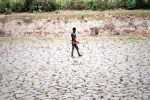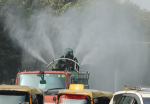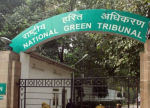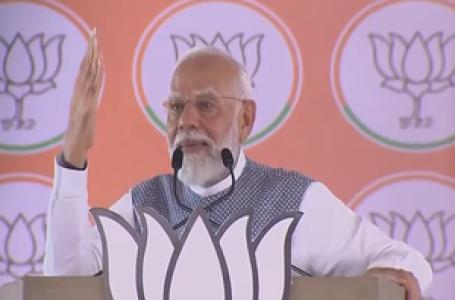July 28, 2020
New Delhi: New Data reveals air pollution shortens the average Indian’s life expectancy by 5.2 years, and its severity can be realised by the fact that particulate pollution has seen a 42% rise in India since 1998.
Nearly 230 million residents of Uttar Pradesh are on track to lose more than 8 years of life expectancy relative to the WHO guideline. Residents of Delhi could see more than 9 years added to their lives if pollution were reduced to meet the WHO guideline.
A quarter of India’s population is exposed to pollution levels not seen in any other country and an average Indian sees their life cut short by more than 5 years relative to what it would be if the World Health Organization (WHO) guideline was met, according to the Air Quality Life Index (AQLI).
AQLI data reveals that particulate pollution in India has sharply increased by 42 percent over the last two decades. Today, 84 percent of people in India live in areas that exceed the country’s own air quality standards and the entire population is exposed to levels that exceed the WHO guideline.
Particulate pollution was the greatest risk to human health before COVID-19. And without strong and sustained public policy, it will be after COVID-19.
New findings from the AQLI also indicate that citizens in states like Bihar and West Bengal can add more than 7 years to their life if air quality met the WHO guideline. Residents in Haryana can expect to live 8 years longer if the WHO guideline was achieved.
“Though the threat of coronavirus is grave and deserves every bit of the attention it is receiving—perhaps more in some places—embracing the seriousness of air pollution with a similar vigor would allow billions of people around the world to lead longer and healthier lives,” says Michael Greenstone, the Milton Friedman Distinguished Service Professor in Economics and creator of the AQLI along with colleagues at the Energy Policy Institute at the University of Chicago (EPIC).
“The reality is, no shot in the arm will alleviate air pollution. For a country like India, the solution lies in robust public policy. The AQLI tells citizens and policymakers how particulate pollution is affecting them and their communities and can be used to measure the benefits of policies to reduce pollution.”
–India News Stream



















